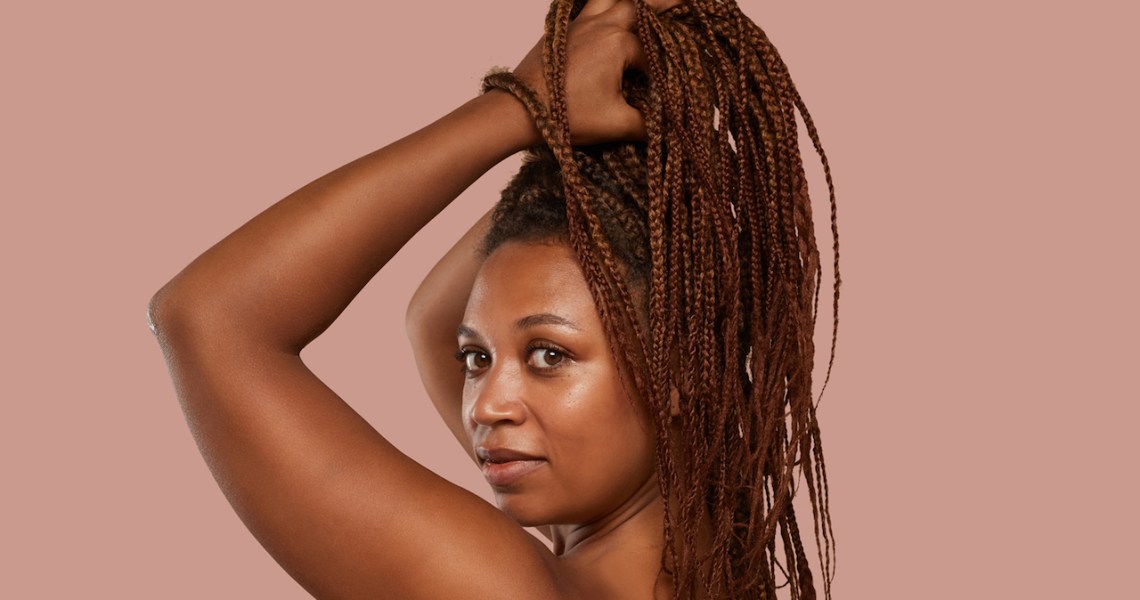As cosmetic aesthetic companies are facing increased competition from newcomers — in both branding and price — established players are updating their messaging and products.
Earlier this month, Allergan Aesthetics updated its branding from clinical to emphasize “confidence.” The new look, across all platforms, includes real people across various ethnicities, genders and skin tones. The move follows Allergan’s integration in biopharmaceutical company AbbVie, which announced the acquisition of the company for $63 billion in June 2019.
“Allergan has been the market leader in aesthetics for many years. When we became a part of AbbVie, it was our opportunity to rebrand our business, while honoring our heritage and looking ahead to the future,” said Carrie Strom, svp of AbbVie and president of Global Allergan Aesthetics.
Strom said the executive team spoke with 500-plus employees and customers via real-time feedback and asked what Allergan Aesthetics, best known for Botox, meant to them. The corresponding feedback was centered around empowering confidence in patients, health care providers and internal teams.
Other competitors are also leaning in on the “confidence” terminology, namely Merz with the use of Gwyneth Paltrow as its face. But Allergan’s messaging will be promoted on all mediums, including traditional television and print media ads — not just digital platforms. This decision is to appeal to a broad swath of consumers.
“The consumers who use and are interested in our Allergan Aesthetics brands are diverse in age, ethnicity, gender and background. Millennials represent the fastest growing group, but Gen X and baby boomers are still the majority of patients,” said Strom.
That’s not that digital and millennials aren’t a priority. Strom explained that Allergan has developed its first in-house global consumer center of excellence called Data Labs, which is made up of digital marketers, consumer aesthetics marketers, creative content developers, data scientists and engineers to more quickly respond to the changing demographic of consumers. However, digital ventures the company has undertaken in the past have shuttered quickly, like on-demand booking platform Regi and editorial site Spotlyte. Now, that content will be repurposed to drive category growth through their new loyalty program, Allē.
Ad position: web_incontent_pos1
While Allergan has spent considerable time on marketing and branding during Covid-19, Galderma, that owns wrinkle filler Restylane and botulinum toxin Dysport, has been more focused on product. In the midst of the pandemic, Galderma launched a new lip filler called Restylane Kysse, with effects meant to last up to a year. Alisa Lask, Galderma aesthetic business unit vp and general manager, said Restylane Kysse has been the most successful product launch to-date for the company.
To create buzz for the launch in the summer, Galderma used International Kissing Day (July 6) to inform consumers about the new product via a satellite media tour, earned media interviews and posts on social media. These activations led to a 46% increase in RestylaneUSA.com site visitors.
According to Lask, the success of Restylane Kysse has been a direct response to consumers looking at themselves more regularly on Zoom, as well as wanting to “enhance their look without makeup.”
Additionally, the company has implemented a digital-first marketing strategy centered on influencer engagement. For Restylane Kysse, Galderma worked with 20-plus macro- and micro-influencers to raise product awareness by sharing their injectable stories and creating a clear call-to-action by driving to Galderma’s Aspire Rewards Restylane Kysse treatment offer. Galderma’s rewards program, too, is going through its own overhaul. In December, new features will be added to the mobile app and, in the first quarter of 2021, patients will be able to earn rewards from a broader swath of services beyond treatments.
“We’re not backing away from our investment in new products or innovation,” said Lask.




